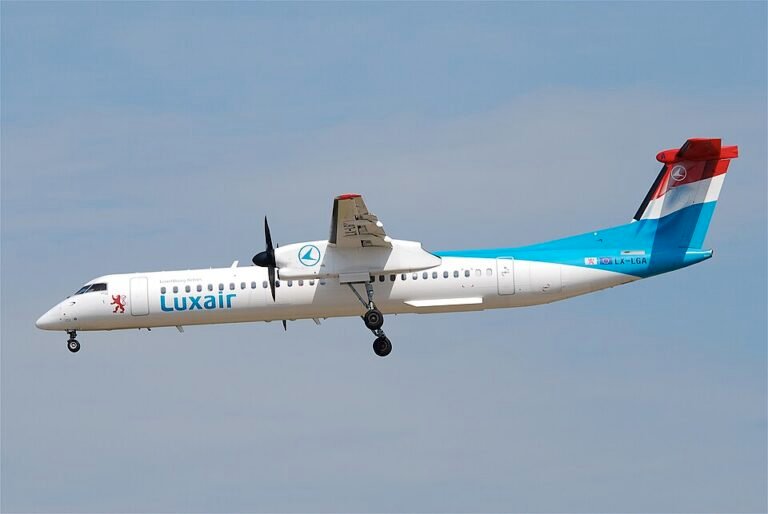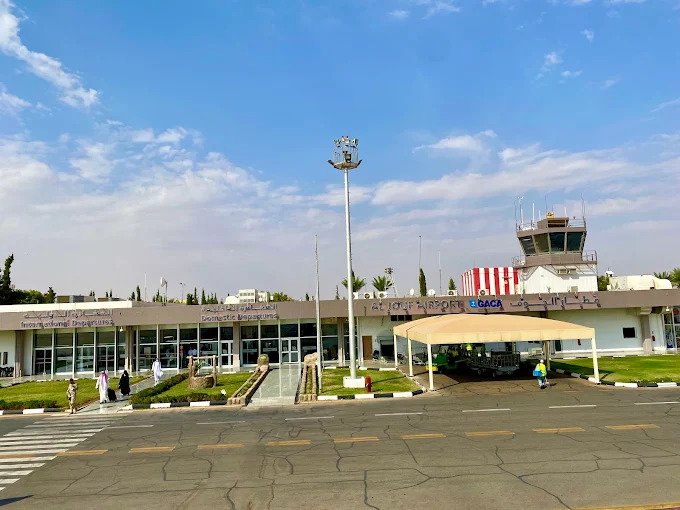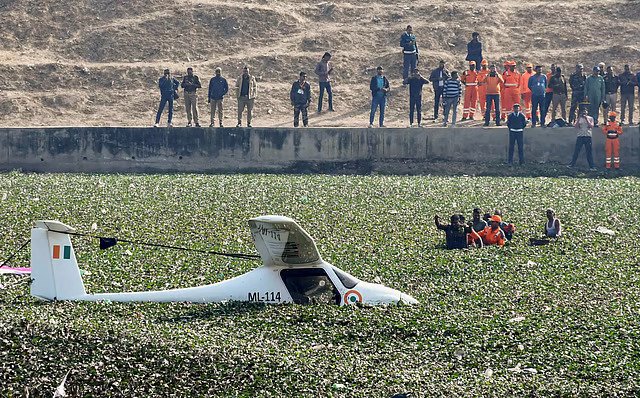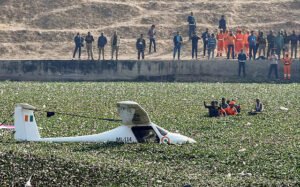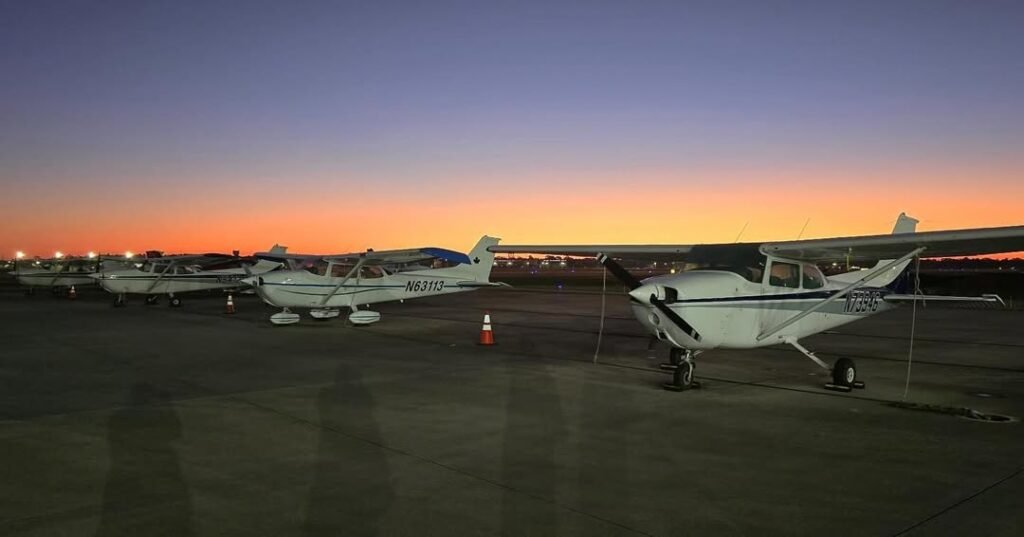
Gulfport, United States: A small instructional aircraft from Apollo Flight Training and Aircraft Management plunged into Lake Pontchartrain Monday night after losing contact with air traffic controllers, authorities and the flight-school owner said. Two people on board a flight instructor and a student working toward their commercial license are presumed dead.
The aircraft, a single-engine Cessna, departed from Million Air in Gulfport around 5:45 p.m. Monday, bound for a training approach to New Orleans Lakefront Airport. Radio contact was lost around 6:23–6:40 p.m., roughly four miles offshore over the lake.
Search efforts by the United States Coast Guard (USCG), along with local agencies including wildlife and fisheries and parish sheriff’s offices, began shortly after the plane disappeared from radar. A MH-60 helicopter and a 29-foot Coast Guard boat were deployed from the New Orleans station.
During the overnight search, crews recovered debris believed to belong to the aircraft including what appeared to be a seat cushion, and later what may have been part of the landing gear. Divers also reported a sonar hit in the search area, and teams observed water discoloration consistent with a crash.
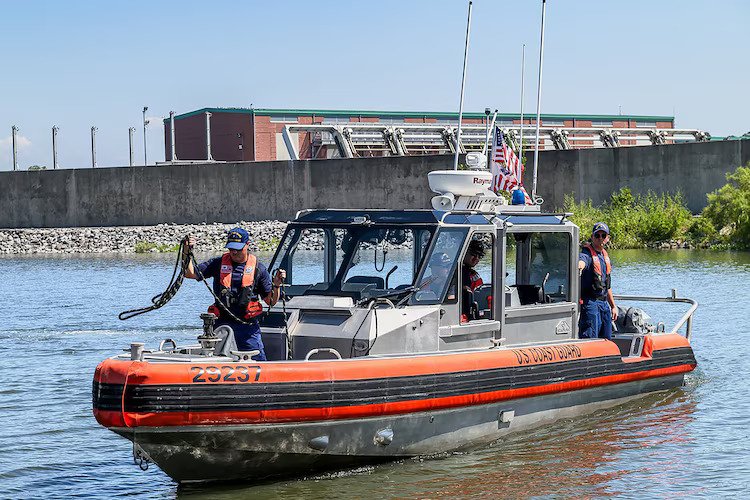
The owner of Apollo Flight Training, Michael Carastro, described the crash as “an unimaginable tragedy.” He confirmed the debris matched distinctive characteristics of their Cessna, and said based on maintenance and inspection records, mechanical failure appears unlikely. He also stated no distress call was received prior to the crash.
Carastro noted the instructor aboard was “highly qualified,” with between 1,200 and 1,300 flight hours, and the student was working toward a commercial/instrument rating.
He added that flying over water, particularly at night, carries additional risks: “you don’t have clear horizons, you get vertigo,” making spatial disorientation a possibility. But Carastro refrained from speculating on the cause until investigators completed their work.
At present, the wreckage has not been recovered. The USCG, local agencies, and volunteer organizations continue search operations. Investigations by the Federal Aviation Administration (FAA) and the National Transportation Safety Board (NTSB) have been initiated; authorities emphasize it is premature to draw conclusions about the cause of the crash.

